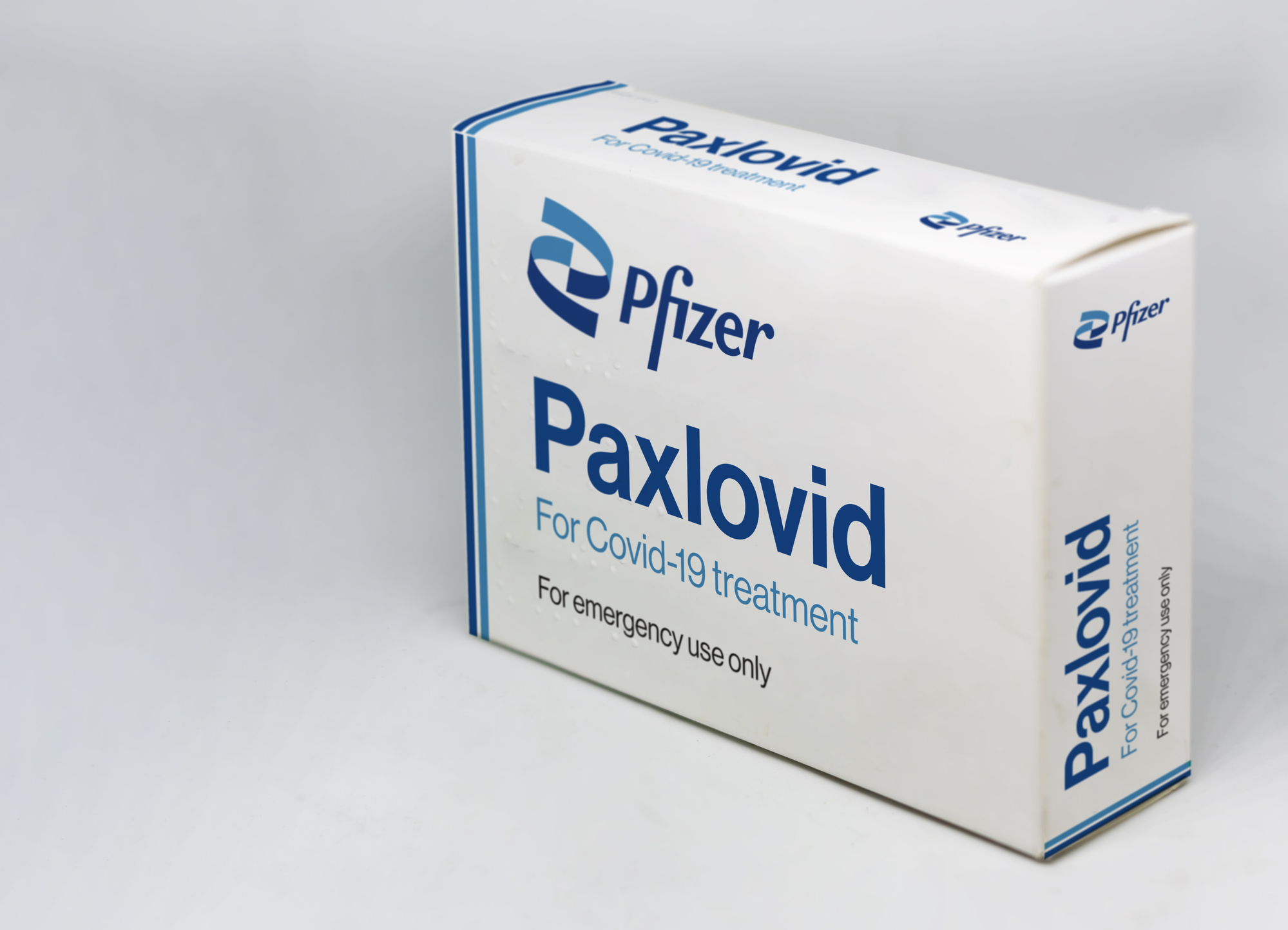

As the world enters yet another pandemic winter, as many as 4 million people are suffering from brain fog, headaches, chest pain, and other awful symptoms of long COVID. However, a new preprint study from the Veterans Health Administration (VA) is offering some hope for cutting the risk of developing the debilitating condition.
The study finds that the anti-viral medication Paxlovid, which is intended to treat and relieve the symptoms of COVID-19, may also reduce the risk of developing long COVID following the initial infection by 26 percent. The research is a preprint that was posted online over the weekend, so it still has to undergo peer review.
[Related: Long COVID could be keeping as many as 4 million Americans out of work.]
For the study, long COVID was defined as developing one or more symptoms (including heart issues, blood disorders, fatigue, and trouble breathing) one to three months after testing positive. The team analyzed the electronic medical records of 56,340 patients, all who had at least one risk factor for a severe response to COVID-19 infection. The analysis finds that 9,217 patients who took Paxlovid within five days of testing positive were 26 percent less likely to have a wide range of post-COVID-19 symptoms about 90 days later than the 47,123 patients who did not receive an antiviral or antibody treatment.
The patients in the study had all tested positive for the coronavirus between March 1 and June 30 of 2022 when the contagious Omicron variants were the dominant strains of COVID. The study also finds that the benefits of taking Paxlovid applied to patients who were unvaccinated, vaccinated, and had repeat COVID-19 infections. All groups has a similar reduction of developing long COVID with the antiviral drug.
For those who are medically eligible to take Paxlovid (older adults or those with certain medical conditions), it reduces the risk of hospitalization or death. It works by blocking receptors so that the virus can’t bind itself to healthy cells and make copies of itself.
“We know that one of the key factors that predict long COVID is detectable virus in the bloodstream at the time of infection,” Peter Chin-Hong, an infectious disease physician at the University of California, San Francisco, told NPR. “So it stands to reason that interventions that prevent the virus from making more copies of itself would therefore lead to a lower risk of long COVID.”
[Related: Long COVID can manifest in dozens of ways. Here’s what we know so far.]
The authors point to the study as another motivation for patients to take Paxlovid as soon as they can after getting sick. Some have become weary of using the anti-viral due to the “Paxlovid rebound,” a recurrence of symptoms or a positive test result. A small percentage of patients (about one to two percent based on Pfizer’s clinical trials) experience this, but high profile rebounds in President Joe Biden and Anthony Fauci as well as the need for more data on rebound cases, have added to the concern. A longer course of treatment of the drug is being investigated as a possible way to prevent the rebound.
“For people who are already qualified for Paxlovid use, to me, really the choice is clear,” Ziyad Al-Aly, the senior author of the study and chief of research and development at the VA Saint Louis Healthcare System, told The New York Times. “Do you get a metallic taste, do you get side effects from Paxlovid, can you get rebound? Yes. But we have proven data suggesting that Paxlovid in the acute phase reduces the risk of severe illness, meaning the risk of death and hospitalization. And now we’re showing in the post-acute phase, there’s also risk reduction.”
In addition to the study’s status as a preprint, it is also limited by the demographics in the sample size. It primarily surveyed white males, which means that Paxlovid’s benefits may change in other demographic groups. Medical experts told NPR that they would also like to see these results replicated in experimental, randomized control trials.
